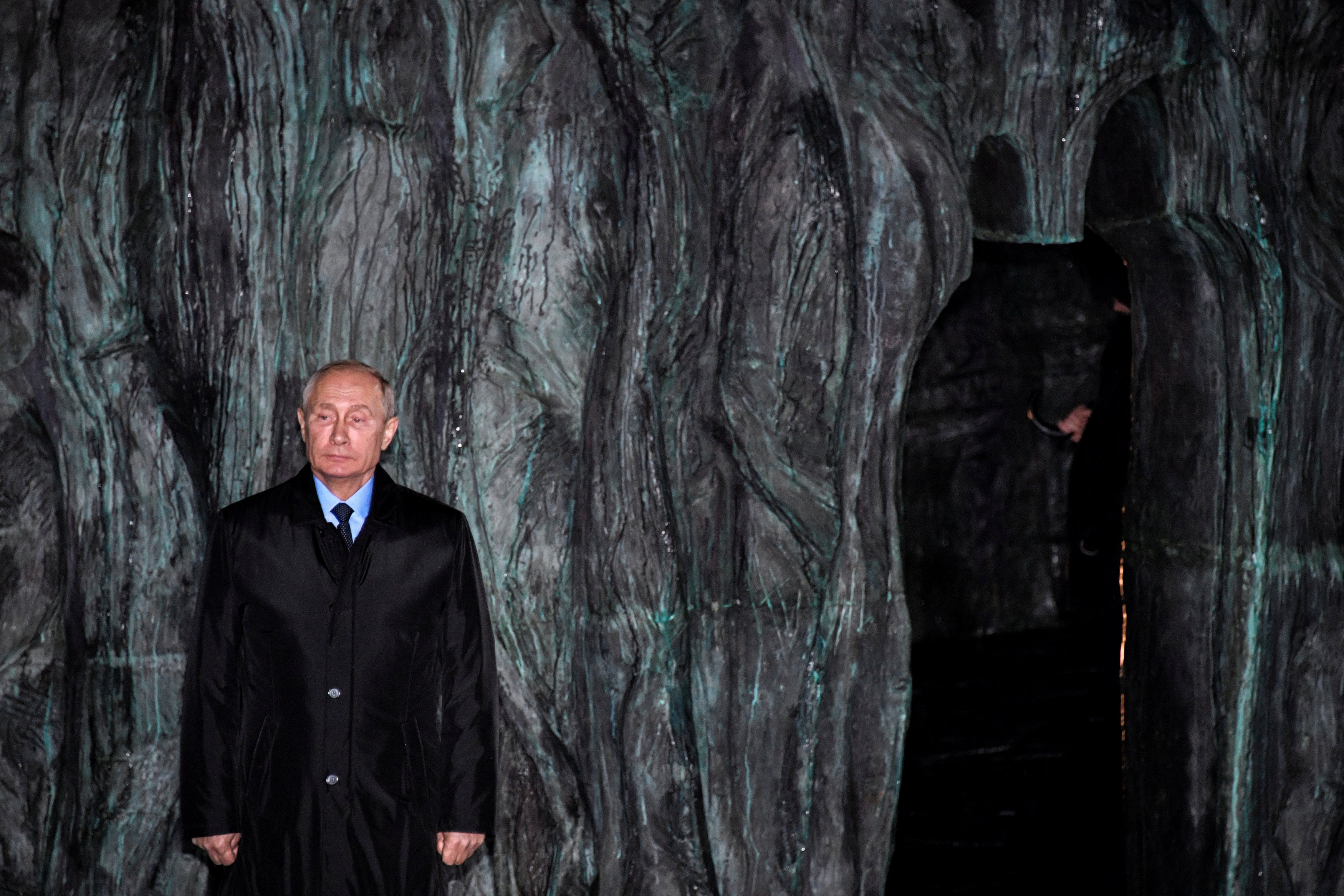
By Francois Murphy and Shadia Nasralla
VIENNA (Reuters) – The United States would “badly” like to lift sanctions against Russia but will not do so until Moscow has pulled its forces out of eastern Ukraine and Crimea, Secretary of State Rex Tillerson said on Thursday, calling that the main obstacle to normal ties.
Tillerson is on a visit to Europe during which he has reassured allies with tougher rhetoric against Moscow than that of U.S. President Donald Trump, who has sought better relations with Russian President Vladimir Putin.
Speaking at a meeting of the Organization for Security and Cooperation in Europe (OSCE), also attended by his Russian counterpart, Tillerson said Moscow was to blame for increased violence in eastern Ukraine and that had to stop.
“We’ve made this clear to Russia from the very beginning, that we must address Ukraine,” Tillerson told a news conference with his Austrian counterpart Sebastian Kurz. “It stands as the single most difficult obstacle to us renormalizing the relationship with Russia, which we badly would like to do.”
On Wednesday, Tillerson met NATO foreign ministers and criticized Russia for the mix of state-sponsored computer hacks and Internet disinformation campaigns that NATO allies’ intelligence agencies say is targeted at the West.
The conflict between Ukrainian forces and Russian-backed separatists has claimed more than 10,000 lives since it erupted in 2014. Russia denies accusations that it fomented the conflict and provided arms and fighters.
Russian Foreign Minister Sergei Lavrov told the OSCE conference that “all the responsibility is with Ukraine” as far as violence in the east was concerned.
In his speech to the gathering, Tillerson went even further in spelling out Russia’s involvement in the conflict and the consequences it faced than he had the day before in Brussels.
“We should be clear about the source of this violence,” Tillerson said, referring to increasing ceasefire violations recorded by OSCE monitors in eastern Ukraine.
“Russia is arming, leading, training and fighting alongside anti-government forces. We call on Russia and its proxies to end its harassment, intimidation and its attacks on the OSCE Special Monitoring Mission.”
While both sides have called for a U.N. peacekeeping force in eastern Ukraine, they disagree on the terms of its deployment, and there was no sign of progress at Thursday’s meeting.
“We will continue to work with Russia to see if we could not agree a peacekeeping force that could enter Ukraine (and) reduce the violence,” Tillerson told the news conference.
In his speech, he referred to the 2015 Minsk ceasefire agreement, brokered in the Belarussian capital by France, Germany, Russia and Ukraine.
“In eastern Ukraine, we join our European partners in maintaining sanctions until Russia withdraws its forces from the Donbass (region) and meets its Minsk commitments,” Tillerson said.
He also made clear that Washington did not accept Russia’s seizure of the Crimean Peninsula from Ukraine in 2014.
“We will never accept Russia’s occupation and attempted annexation of Crimea. Crimea-related sanctions will remain in place until Russia returns full control of the peninsula to Ukraine,” he said.
(Additional reporting by Kirsti Knolle, Alexandra Schwarz-Goerlich; Editing by Kevin Liffey)









